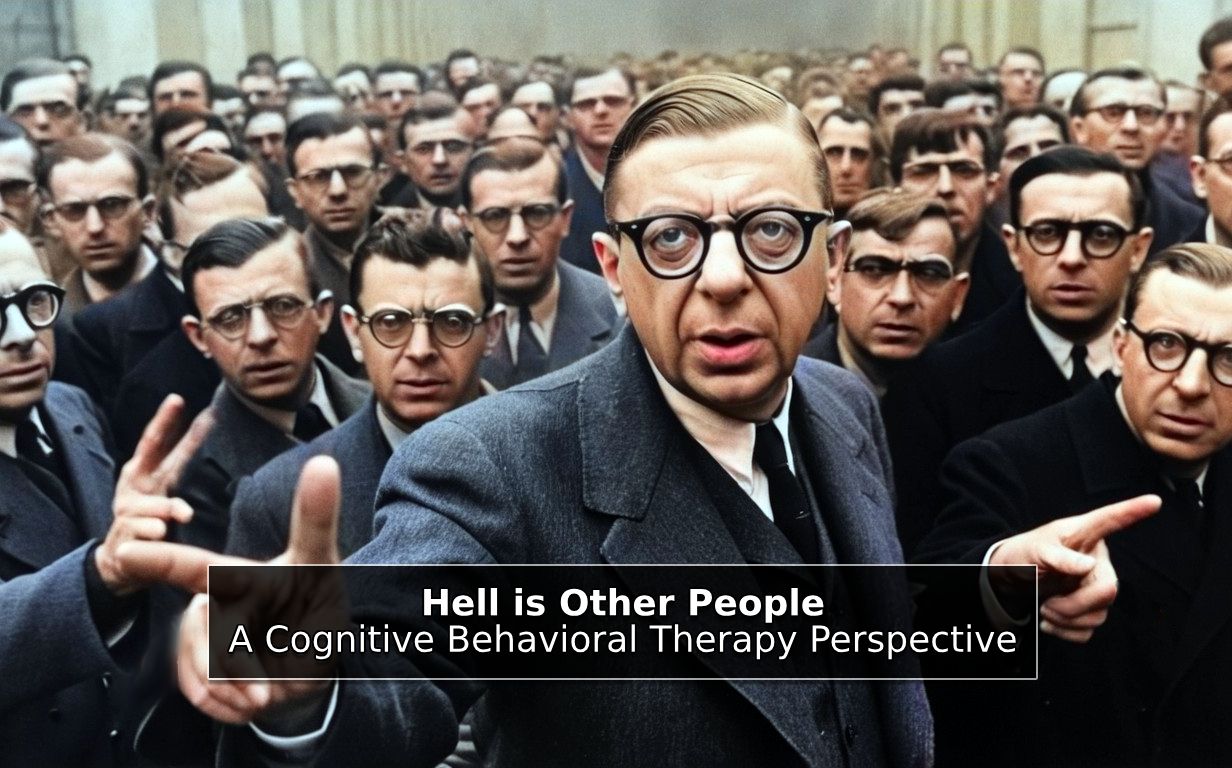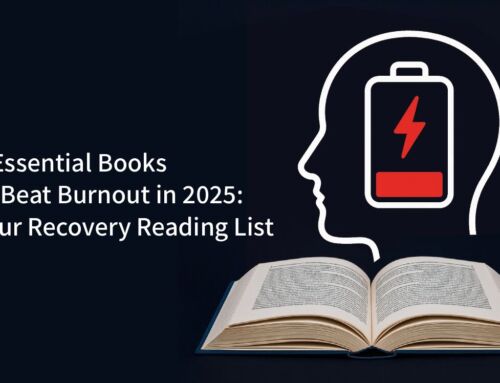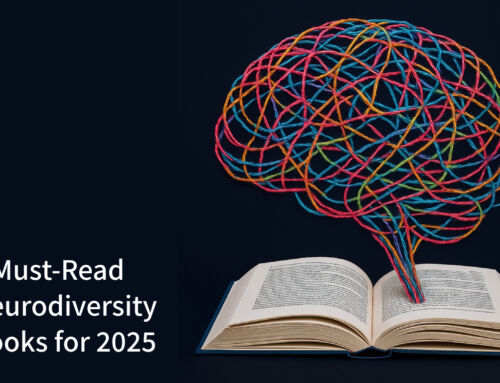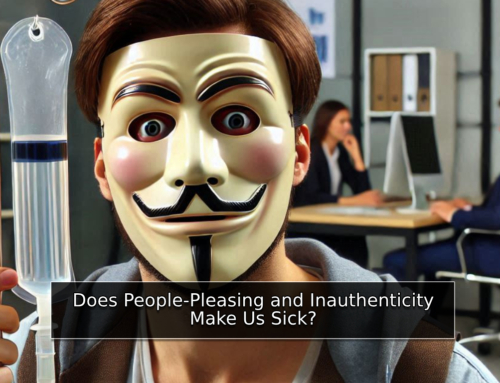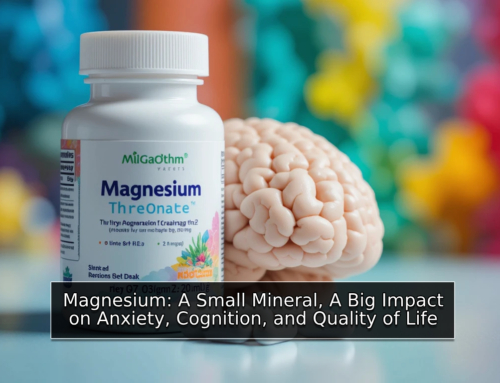Hell is Other People: A Cognitive Behavioral Therapy Perspective
The relationship between the person and society, social anxiety and self-image
“Hell is other people” – who hasn’t felt this way at some point? This famous quote by Jean-Paul Sartre, the existentialist philosopher, has captivated us for decades. It raises profound questions about the relationship between the individual and society, freedom and responsibility, and human suffering.
What lies behind this statement?
Sartre argued that our interpersonal relationships often serve as the greatest source of our suffering. Many people struggling with interpersonal difficulties feel lonely, disconnected, and yearn for recognition and validation. He identified several key processes that underlie this feeling. These processes are also the main causes of a feeling of social anxiety and damage to self-image:
- The gaze of the other: We are all influenced by how others see us. Sometimes, this gaze can be critical or judgmental, negatively shaping our identity. We internalize criticisms and judgments, believing that we are not good enough. This creates a vicious cycle of self-doubt and unhappiness, as we begin to believe these judgments and live our lives accordingly. For example, people might avoid presenting their ideas in a group for fear of appearing foolish, even if they have interesting thoughts. In the age of social media, where we are exposed to perfect images of others, it's easy to feel inadequate. Constant comparison to others can lead to feelings of envy, inadequacy, and loneliness.
- The struggle for recognition: As humans, we need recognition and appreciation from others. It's a fundamental human need. We experience frustration, anger, and loneliness when we feel unrecognized or undervalued. For instance, employees might feel frustrated if their manager does not appreciate their work, even if they put in a lot of effort.
- The difficulty of being authentic: Social pressure, fear of judgment, and the desire to belong often lead us to hide our true selves. This results in a sense of inauthenticity and inner suffering. For example, people might hide their hobbies or opinions for fear of being ostracized.
Freedom and responsibility
Sartre argued that freedom is a source of pain because it entails the responsibility to choose our own lives. The freedom to choose opens up countless possibilities but also places the burden of consequences on us. Our relationships with others increase this sense of responsibility, as we must consider their expectations and desires as well. For instance, choosing a particular career path may impact our social relationships.
The conflict between the individual and society
Sartre's statement reflects the inherent conflict between the human need for independence, autonomy, and privacy and the need to belong to a social group. For example, the desire to be unique may clash with the need to feel part of a group.
What does science say about “Hell is other people”?
Numerous studies in psychology support Sartre's ideas. For example, research on the effects of loneliness on physical and mental health indicates a direct link between social connections and living a meaningful and happy life. These processes are also the leading causes of feelings of social anxiety and damage to self-image.
How can cognitive behavioral therapy help?
Cognitive behavioral therapy offers tools for coping with the difficulties arising from interpersonal relationships, social anxiety and self-image. We learn to identify negative and unhelpful thoughts, change maladaptive behavior patterns, and build healthier relationships with ourselves and others. Approaches like Acceptance and Commitment Therapy (ACT) emphasize the importance of acceptance, commitment, presence, and disengagement from unhelpful thoughts. This approach helps us connect with our authentic selves and find meaning in life, even in the face of challenges. For example, a person feeling lonely can learn techniques to cope with negative thoughts about themselves and develop new social skills.
The positive aspects of interpersonal relationships
“Hell is other people,” but healthy interpersonal relationships are essential for happiness and well-being despite the challenges. Connections with people who love and support us give us a sense of belonging, security, and love. They enrich our lives, help us cope with difficulties, and encourage us to grow and develop. Therapies like CBT and ACT can help us develop better communication skills, build trust, and deepen our connections with others.
A message of hope
While it may be challenging, there is hope. Through therapy, self-awareness, and developing social skills, we can significantly improve our quality of life and build meaningful relationships.
Remember: You are not alone. Help is available.
Contact now
Ready to take the first step towards positive change? Contact me now for more information and to schedule an appointment. Whether you prefer in-person sessions in Tel Aviv or virtual meetings via Zoom, my integrated approach of Cognitive Behavioral Therapy (CBT) and Acceptance and Commitment Therapy (ACT) can help you break free from struggles and find greater fulfillment in life. I'll be sure to get back to you as soon as possible. Let's embark on this transformative journey together!
Call Whatsapp 052-2325511
Or fill out the following form.
Can ACT and CBT assist you or your loved ones?
Welcome to my therapy practice, where I offer a powerful combination of Cognitive Behavioral Therapy (CBT) and Acceptance and Commitment Therapy (ACT) techniques. CBT is a goal-oriented, short-term approach that's highly effective for anxiety, depression, low self-confidence, and more. ACT complements CBT, helping you navigate life's challenges and find fulfillment and authentic, happier life.
If you're struggling with anxiety, depression, low self-image, or facing setbacks, CBT combined with ACT may be the key to transforming your life. Break free from the struggle and take a step towards a happier, more fulfilling life.
Contact me today to schedule an appointment and embark on your journey of positive change. You don't have to face it alone; I'm here to support you every step of the way. Let's work together to create the life you deserve!
